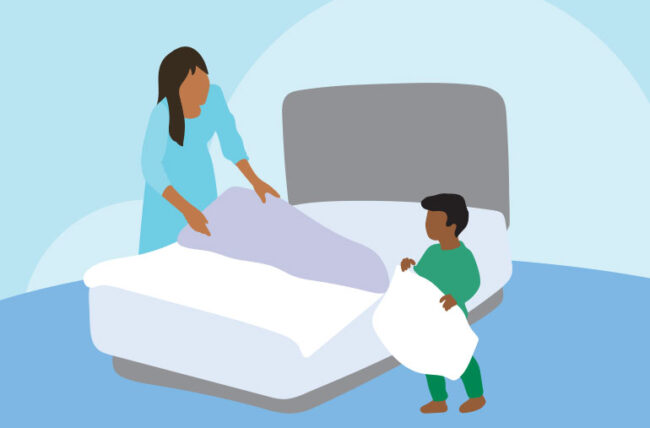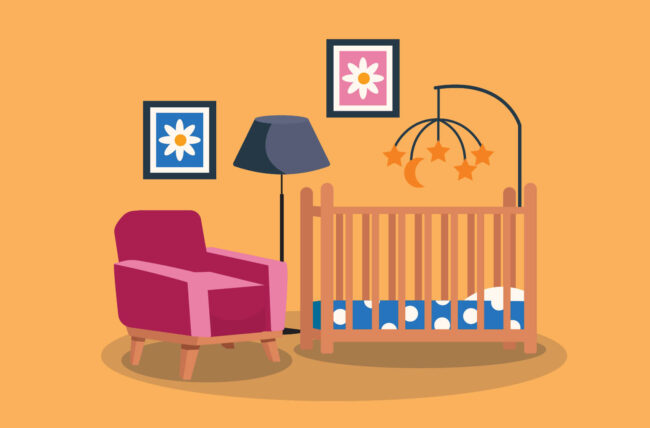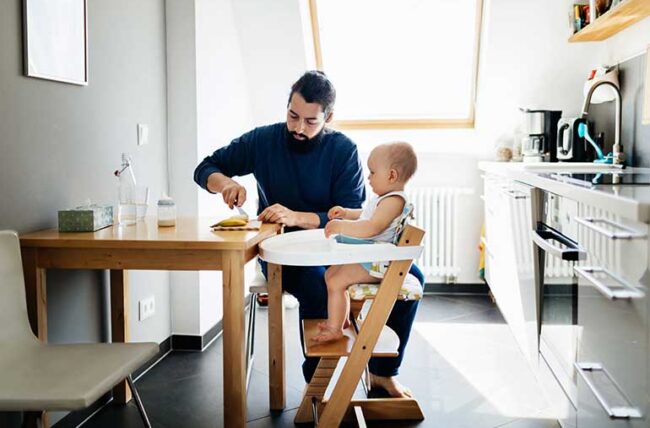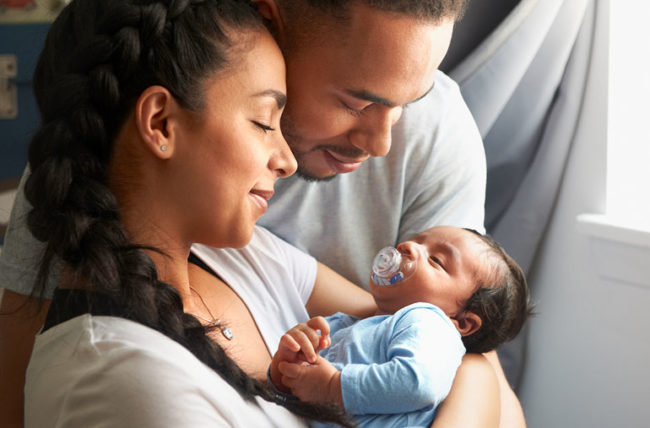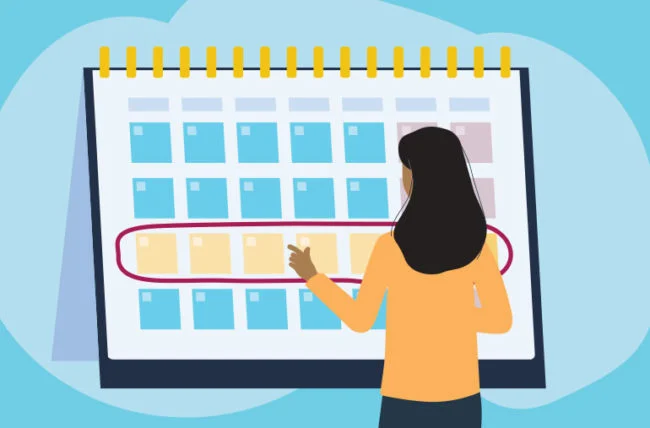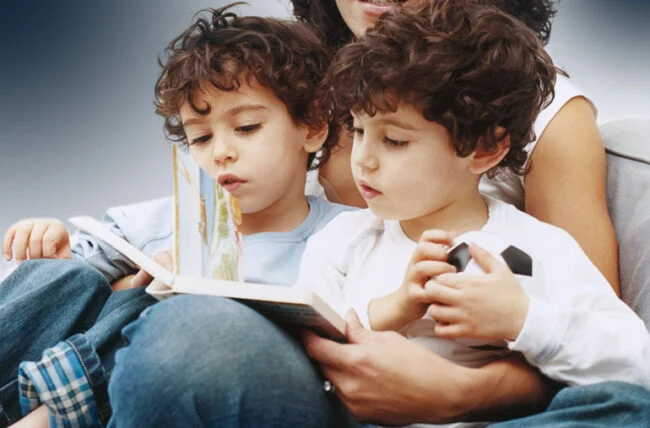Have you ever considered how strange it would be for a child to suddenly… get teeth? You get in trouble when you use them, but only sometimes?
It’s no wonder that your child is always trying to bite you, the children in your neighborhood, or your pets.
When your toddler hurts someone, it can be embarrassing and upsetting. Take heart, though: it doesn’t mean that your child is suffering from serious behavior issues.
Kate Eshleman PsyD is a child psychologist who explains why toddlers bite, and how they can be addressed.
Why is biting common?
Dr. Eshleman believes that there are a number of reasons why children younger than 2 years old may bite. Here are some of the reasons:
- The teething is causing discomfort.
- They are frustrated at not being able to express their feelings verbally .
- You need to give them more sensory or oral stimulation.
- The children are exploring the world, asking questions such as “What is it like to bite?” and “What do I feel when I bite?”
- You may need to increase the amount of active playtime if your child is overtired, hungry, or overwhelmed.
Stop Biting with these Tips
It’s impossible to avoid the phase of biting, but it can be made shorter and easier for both you and your child. Here are a few helpful tips.
Find out what’s going on
Biting behaviour occurs during a temper tantrum. Do your children always bite the same people? Does their biting behavior peak at a certain time? Is the behavior usually triggered by the same situations (like excitement)? How long ago did your toddler last eat a meal?
It will be easier to prevent future bites if you know your child’s triggers.
Do not label, shame or punish your child
Your reaction to the biting of your toddler can have a major impact. Here is a list of common reactions to avoid.
- Do not label your child as a “biter”. Dr. Eshleman reminds parents that “it is normal for children younger than two years to bite other people.” Labeling your child negatively can harm both their perception and yours.
- Do not yell or shame your child. It won’t stop your toddler from biting, but it can make him more angry and aggressive.
- Do not punish your child if they bite. It’s easy to lose track of your parenting goals, and your patience! In the moment you may be focused on teaching your child self-control, discipline and social skills. The punishment doesn’t accomplish any of these things. This only adds to the pressure and emotions that your child is already having to deal with.
- Do not bite your child. Some people believe that biting your child back will teach them that it hurts. That’s incorrect. Just like hitting your child, biting them is abuse. This also sends the message that violence is a way to deal with problems.
Keep your communication short and clear
Dr. Eshleman says that whatyou are saying is just as important as howyou say it. It’s not uncommon to hear children say, “We never bite our friends,” or “We never bite mommy or dad,” but these phrases allow them to bit others who are not family or friends. Instead, make statements such as “We don’t bit” or “Biting is painful.”
Speak to the other caregivers of your child
You may be doing all the right things, but your grandpa laughs at his grandson’s “love bites” or maybe your babysitter is “play-biting”, making them giggle. You should make sure that everyone who cares for your child, including paid professionals and extended family members, responds appropriately to biting behaviors.
Media for behavior modification
Dr. Eshleman says that there are many resources available to help you get through this not-so-fun part of parenting. If the biting persists or you feel that you need more assistance, there are books and videos for parents and toddlers.
What to do if your toddler bites a child?
Dr. Eshleman suggests the following response if your child bites another kid:
- Stay calm and act immediately.
- Be sure that the child who bit you is not hurt. This will discourage the child from biting to get attention. Don’t force your child to play with another child if they do not want to. Consolate the biter, check for any broken skin and clean the area with water and soap. Even tiny teeth can cause serious infections.
- React calmly and firmly to the child who is biting. It is better to use a simple statement like “We do not bite” or “Biting Hurts” than a lengthy explanation as to why biting should be avoided. Staying calm is important because your child may already be in an emotional state.
- Encourage. Offer verbal alternatives if you know the cause of the incident. Show your child, for example, how to politely ask for something or express the need for their personal space.
- Direct the child towards a more positive activity. When older toddlers realize that they have hurt someone, they may become upset. Allow them to apologize if they’re upset. If they bite because of hunger, offer them a crunchy treat or a different toy.
What to discuss with your pediatrician
Between the ages of 3 and 4, biting usually stops (or at least slows down). You should speak to your doctor if your child’s biting behavior isn’t ceasing or getting worse.
You don’t need to wait until the kid is out of diapers before you ask for help. Dr. Eshleman points out that your pediatrician is able to offer advice and assessment at every stage of a child’s development.
Takeaway
Biting should not be a concern for children younger than 2. It can be frustrating to try and parent a little cannibal. Your child is using their teeth as a way to communicate complex feelings and ideas. They may also be doing it to attract attention, provoke reactions, and better understand the wild world full of sounds, colors, smells and textures.
By responding calmly, and resisting the temptation to punish or shame them, you will help your child develop the necessary social and communication skills. Contact your pediatrician if the behavior does not improve or worsens.





